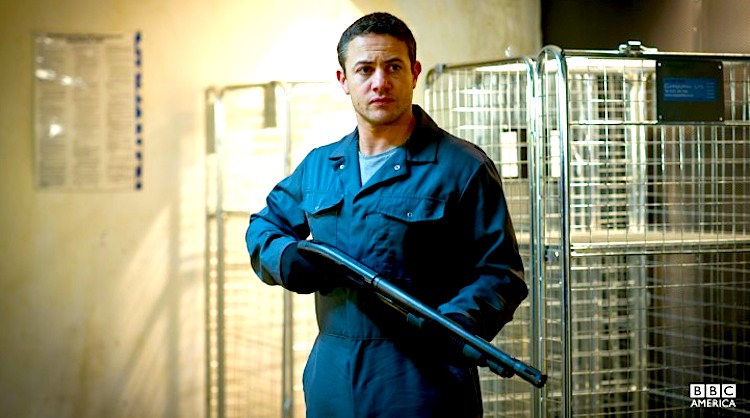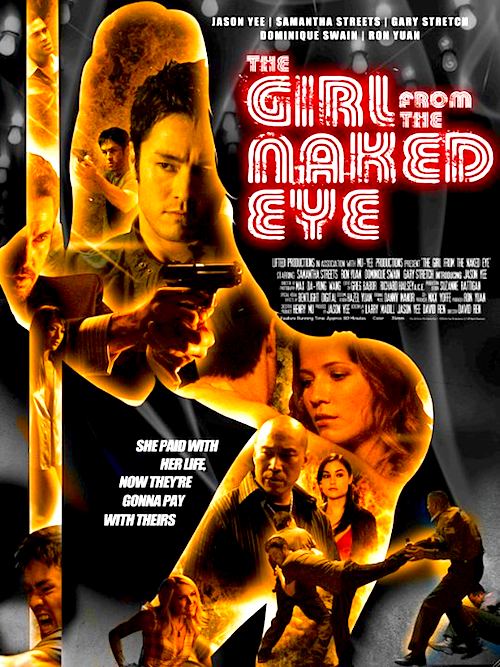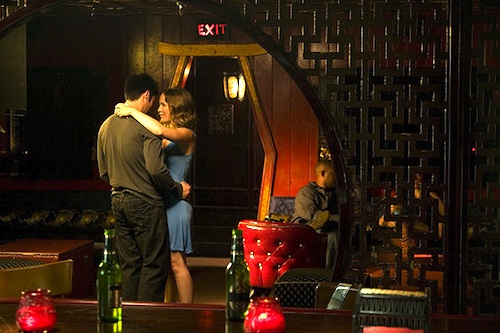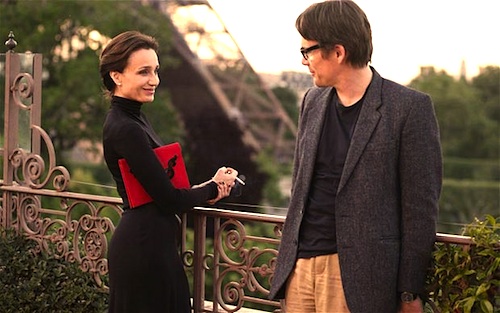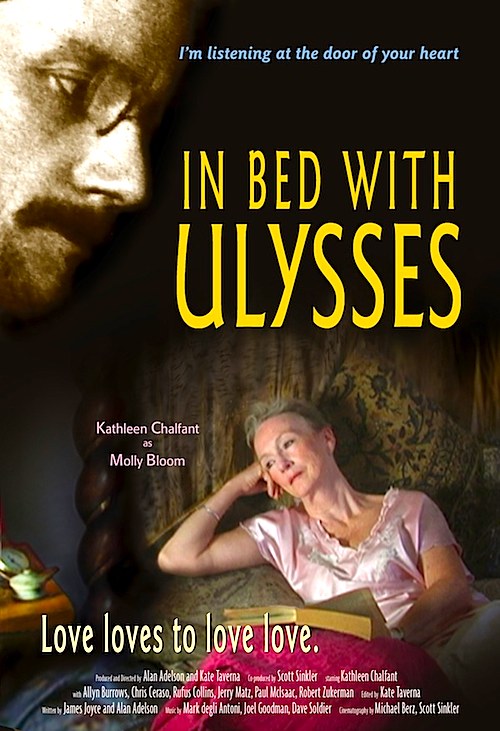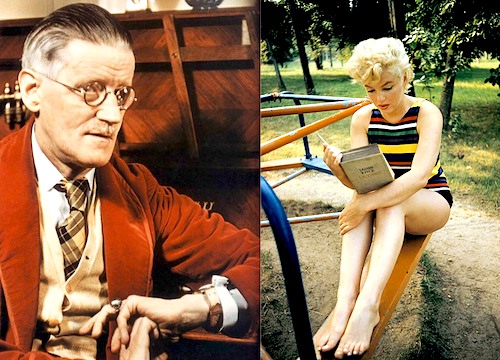By Joe Bendel. She was a queen who advocated modernization and greater contact with the west. Niall Ferguson would approve, but many at court did not, particularly those aligned with the Imperial Japanese. Empress Myeongseong could only count on the support of one man, and it was not the king. At least that is the speculation of Kim Yong-gyun’s fictionalized epic The Sword with No Name, which screens this Tuesday as the latest selection for the Korean Cultural Service’s Korean Movie Night in New York.
Mu-myeung knew the queen when her name was Min Ja-yeong. Their chance meeting made quite the impression on the freelance ruffian. Recognizing that he is no match for a noble-born woman, he enlists (the hard way) with the palace guards to serve as her protector. She will need it. While the king trifles with his concubines, the queen forges a potentially game-changing alliance with Russia. Japan is not amused. Neither is the king’s father Daewongun, the former regent, who still very much considers himself the power behind the throne. Various factions will orchestrate uprisings and assassination attempts targeting Queen Min (as she was also known), but they will have to go through the devoted Mu-myeung first.
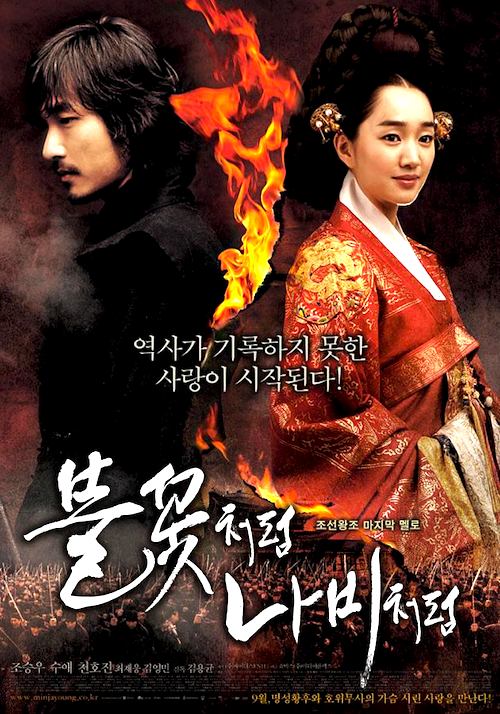 In recent years, Korean cinema has not been all that flattering in its characterizations of former kings. Sword is no exception, depicting King Gojong as a dissolute tyrant, much like his brethren in King and the Clown, Frozen Flower and Shadows in the Palace. There is also plenty of precedence for the brooding swordsman Mu-myeung, but Cho Seung-woo plays him with enough grit and angst to make him fresh, nonetheless.
In recent years, Korean cinema has not been all that flattering in its characterizations of former kings. Sword is no exception, depicting King Gojong as a dissolute tyrant, much like his brethren in King and the Clown, Frozen Flower and Shadows in the Palace. There is also plenty of precedence for the brooding swordsman Mu-myeung, but Cho Seung-woo plays him with enough grit and angst to make him fresh, nonetheless.
However, the queen is something else entirely. Not just an early feminist role model, she can be seen as a progressive visionary, understanding the value of close diplomatic relations with the west and a less insular approach to statecraft in general. Had her policies been adopted, the next fifty years of Korean history might have been more pleasant. A smart and luminous screen presence, Soo Ae’s performance as Queen Min is a model of restraint and sensitivity.
There is something for just about everyone in Sword, but occasionally some of the Matrix-style action sequences escalate a bit over the top. In truth, it is the love story that really packs the wallop here. There is something quite beautiful about the queen and her protector’s star-crossed love, sustained over years by the merest incidental contact. It is impossible to find the same depth of feeling in western film. Instead, we would see two ill-fated lovers rolling their eyes in disbelief at the social circumstances blocking their union.
Like a late Joseon era Bodyguard without the annoying theme song, The Sword with No Name delivers all the intrigue and tragic romance fans of historical sagas could ask for. Though a bit slow out of the blocks, it locks in soon enough, hitting its stride with some heavy yearning and cool swordplay. Highly recommended, Sword screens for free this Tuesday (6/19) at the Tribeca Cinemas, courtesy of the Korean Cultural Service.
LFM GRADE: B+
Posted on June 18th, 2012 at 4:50pm.
